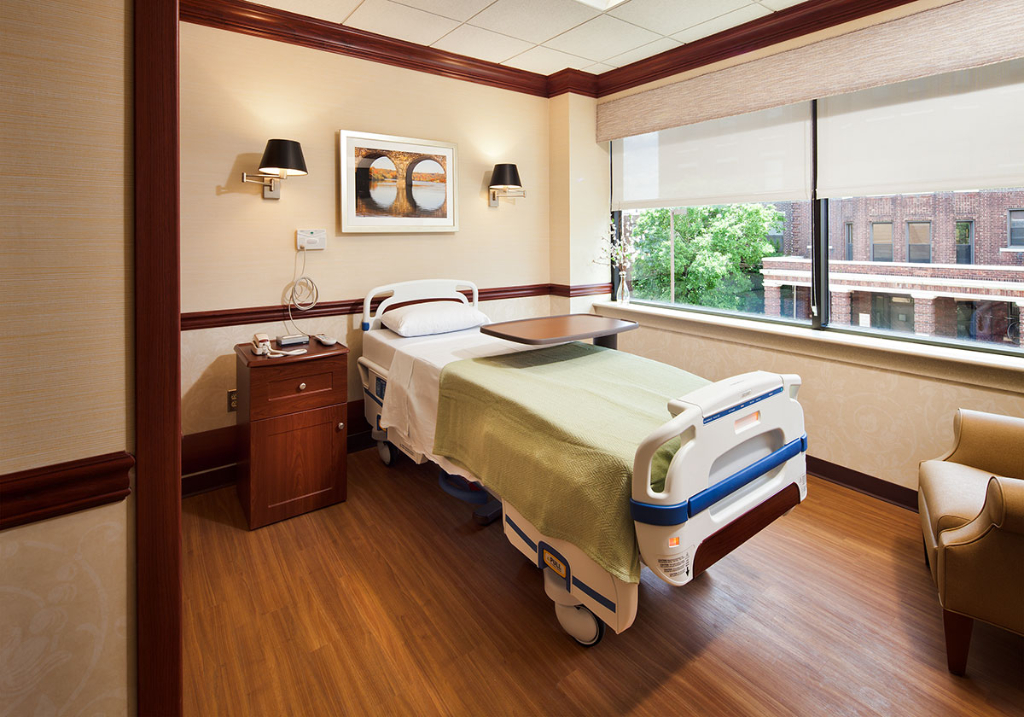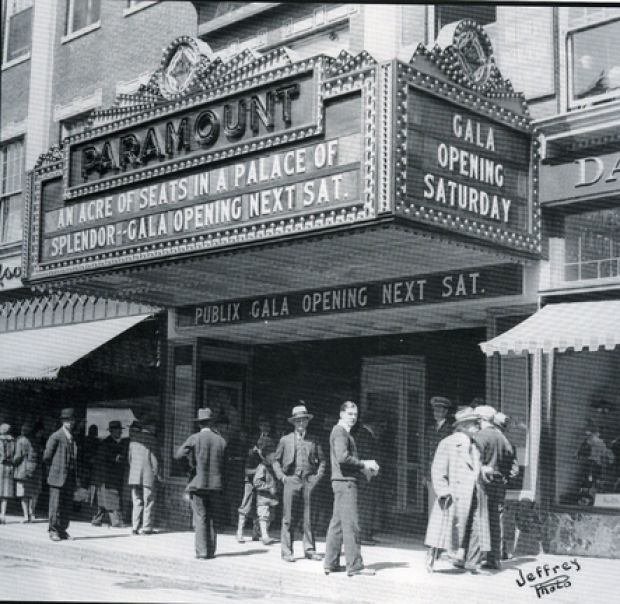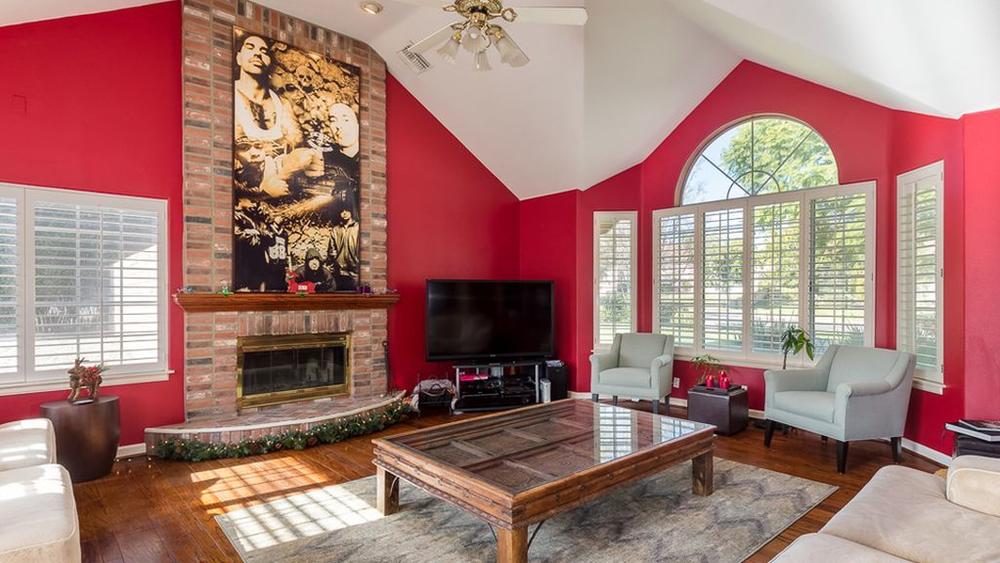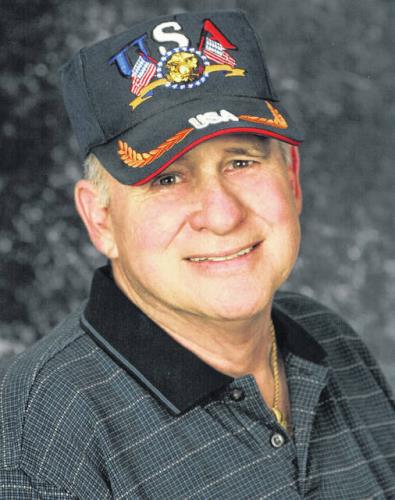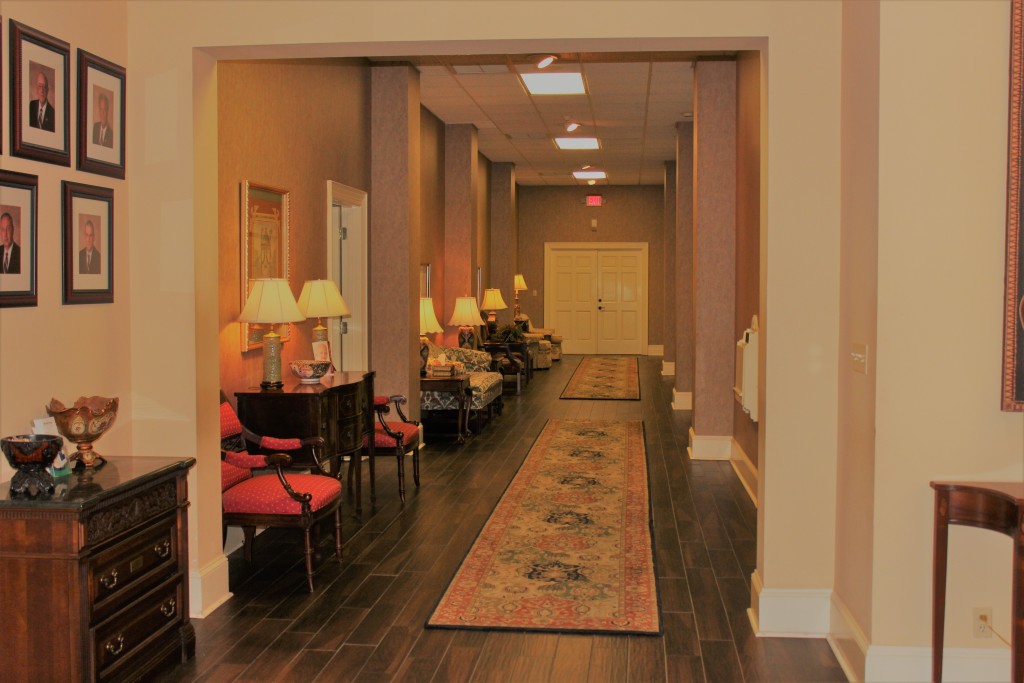Table of Content
A doctor -- either your own or one connected with a program -- will give medical care. Aides will assist with things such as bathing, dressing, cleaning, and cooking. But how you answer questions such as these will help you decide where to go. Patients and families have access to help and support seven days a week, 24 hours a day, including weekends and holidays.
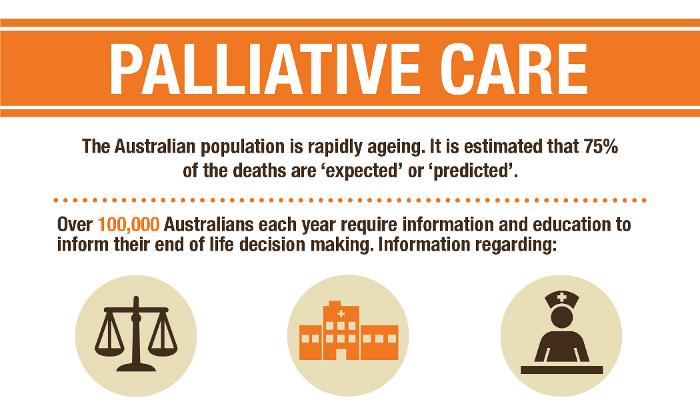
Hospice care can include routine home care, continuous home care, shorter-term respite care, and general inpatient care. Letting those close to you or a loved one know about a serious illness can be stressful. A care team can reduce stress by speaking with the family about the illness and treatment options.
Hospice is Your Care, Your Way
Throughout the patient’s end-of-life journey, the patient and family are the core of the hospice care team. Our highly skilled professionals work with you to understand the goals and needs, so we know the best approach to providing personalized care to your loved one. Your hospice care team will work with the patient and family to create a plan of care that provides comfort and accommodates the patient’s needs and goals. Once our initial plan is created, we continuously work with the patient and family to adjust based on the patient’s goals and condition.
With the main goal being the patient’s comfort and happiness, hospice care truly puts their needs first to allow for a positive end-of-life experience. Want to learn more about Envision Hospice and what your loved one’s plan of care might look like? Sally, the hospice nurse, explained that hospice care could help Charles fulfill his wish of dying at home comfortably while being surrounded by his family. With the hospice team, she developed a care plan based on the special needs of Charles and his family. Charles’ wife and daughters still took care of his daily needs, such as helping him move around the home, feeding him, and giving him medication. Sally came to their home twice a week to monitor Charles’s condition, and checked how well his medications were working to relieve his pain and other symptoms.
“Does Medicare cover that?” How your hospice team can follow when problems arise
Many of these can worry loved ones, but often the patient is not in pain and if they are it can be managed. A health care proxy is an individual who is given the legal right to make health care decisions on your behalf should you be unable to do so. The health care proxy should be a trustworthy individual to think and act in your best interests.

Not only can you visit a dying friend, but both of you will be better for it. Individual members of the team will coordinate and schedule regular visits. Some will visit daily, while others will visit weekly, when requested or as needed. On January 1, 2020, Lower Cape Fear Hospice formally changed its name to Lower Cape Fear LifeCare to better represent the spectrum of care and support they provide those in our community. They can provide companionship for the patient and support for the family by way of respite, running errands, and other tasks.
What Is Included In Medicare Hospice Home Care Vs. Palliative Home Care?
Our inpatient hospice care centers also offer respite care for families as provided for by the Medicare Hospice Benefit. Aside from the comfort, company, and freedom of choices offered through hospice home care, many benefits are offered to assist with planning for the future. Let’s talk about what to expect with hospice home care in terms of forward-thinking. Many patients choose home hospice care particularly so they can be present for special occasions and holidays. If that’s a choice your family is considering now, know that there is a compassionate team here to help be your guide. It’s distressing to see someone you love grow confused or agitated.
Whether it’s a different way of going upstairs or a simple change in routine, palliative care personnel are experienced in finding strategies to help people adapt to life with a serious illness. Just having someone available to help you or your loved one through uncharted territory can make the journey less stressful. Feeling depressed, anxious, or sad is not uncommon in individuals with a serious illness, especially immediately following the diagnosis. If feelings of depression continue beyond a few weeks, the palliative care team needs to know. Because depression is a serious disease and can impact anyone’s physical well-being, the palliative care team wants to ensure that help is provided.
Needed medical supplies can also be delivered, including a bedside toilet, hospital bed, and oxygen, as well as any needed medications. Hospice care at Ethos can also include additional life enriching services like music therapy. Your hospice team will communicate with your doctor and the hospice physician to discuss your medical history, symptoms and life expectancy. They will compassionately inform you on how to best manage your symptoms as they change and make themselves available should you need them for pain management and discomfort. Your hospice team can offer emotional and spiritual support as well.
Once a patient is a part of the hospice program, the care team will be in contact with the patient’s physician to discuss medical history, symptoms, and life expectancy. When the time comes to start considering hospice care, we’re here to help you explore all of your options and will be with you and your loved ones every step of the way. We understand the complex feelings this time of life brings, and will support you physically, emotionally and spiritually, keeping your comfort in mind. For more information on the care we can provide for you and your family, visit us here. Unlike other medical services, hospice care is interdisciplinary.
Any necessary medical equipment will be delivered to the patient’s home within hours of admittance. Charles was being treated for prostate and bone cancer for eight months when his doctor told him that the treatments were no longer working. He decided that he would be most comfortable spending the time he had left in his own home. His wife and daughters agreed to take turns providing care for him.
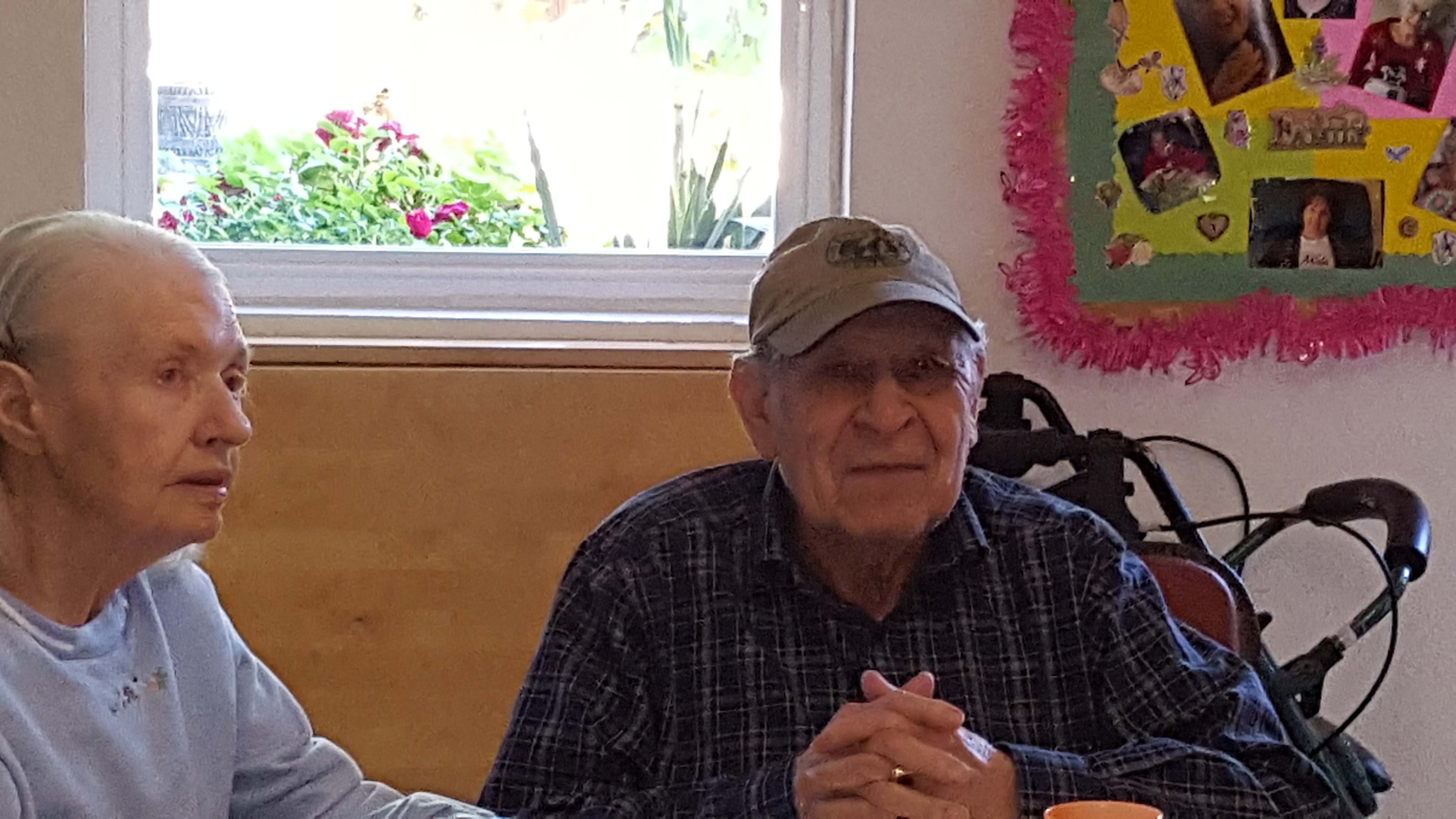
Hospice care, though, provides more frequent nursing visits, especially in the last few days of life. No two situations are the same, and your hospice team will consider input from a variety of people to develop a personalized plan of care. Team members then meet frequently to review the plan and make any revisions that are needed based on the patient’s condition. A palliative care team works with patients to develop a care plan to improve their daily lives. They can coordinate transitions from a hospital to a nursing facility to home care. They keep a patient informed on their course of treatment and will speak with patients and their families about what to expect at each point in the illness.
Our social work and bereavement team swings into action as needed, or requested. We also offer other types of ancillary services, in addition to the nursing staff. We have aides, who do help with personal care and other such chores. We offer pastoral care and art therapy, sometimes by FaceTime and sometimes in person, depending upon the wishes of the patient and family.
Part of this process involves informing our families about what to expect. Seasons Hospice is an independent community health care provider, not a large for-profit organization. We would not be able to offer our hospice services if we did not have the support of passionate community members who understand the importance of cost-free hospice care. To simplify the hospice process for patients and families, we rely on the generosity of our donors. At the very end of life, your support team will answer questions, make extra visits if needed for symptom management, and provide information about what to expect in the way of behaviors. After the patient has died, a hospice nurse will come to make the pronouncement and will deal with the death certificate for the funeral home.
